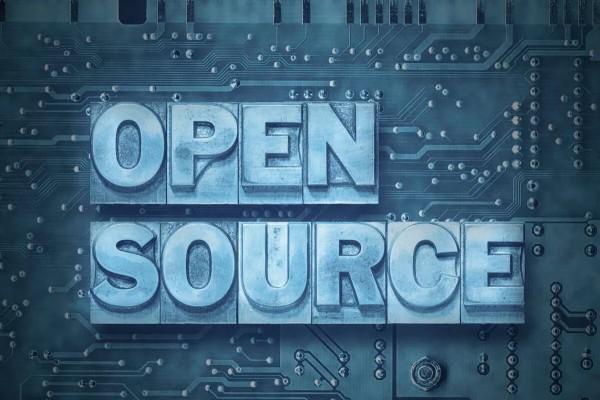Going forward, Debian will now include non-free firmware packages on its official installer images and live images. In addition, these firmware binaries will be enabled by default when they’re required. For example, if your computer has Wi-Fi hardware that requires Binary Large Objects (BLOB) firmware to work, the new Debian installer will offer to install it by default.
This is, by the way, all too often the case. While the Linux kernel developers have long offered to write open-source drivers for hardware vendors for free, some hardware vendors have nonetheless refused to cooperate.
That being the case, many Linux distributions, such as Arch Linux and Fedora, have long included “necessary” proprietary drivers. Other Linux distros such as Ubuntu, and Linux Mint also include proprietary drivers and software such as multimedia codecs, which aren’t essential.
What it means to ordinary users is, most things should work out of the box when installing. I know many are going to have a fit about this, but it needs to be realised this is not being done for fun, it is because the drivers are required for proprietary hardware that the user has bought. You buy open source hardware, then you should not require the proprietary drivers.
See https://www.zdnet.com/article/debian-linux-accepts-proprietary-firmware-in-major-policy-change/
#technology #Linux #Debian #opensource

